One year since Op. Al-Aqsa Flood, fight against Orientalist narratives continues
By Ghadir Khumm
A year has passed since “Operation Al-Aqsa Flood”, an unprecedented Hamas-led military operation on October 7, 2023, that shocked the Israeli occupation and its Western backers and debunked the longstanding myth of the Tel Aviv regime’s military and intelligence invincibility.
The legitimate military operation that came in response to decades of Israeli aggression against Palestinians in the besieged Gaza Strip and occupied West Bank was followed by the illegitimate and indiscriminate Israeli carpet bombing of the coastal Palestinian territory.
These horrific crimes took place in various civilian spaces in the Gaza Strip, including homes, schools, hospitals, clinics, pharmacies, refugee camps, shelters, mosques, and churches.
Noting was spared by the genocidal regime in Tel Aviv with full patronage of the United States.
Over the past year, we have been witness to the genocide of the Palestinian people—a tragedy authorized by the world, dehumanized by Western powers and enabled by Arab Zionist leaders.
Yet amidst this devastation, we have also witnessed the resilience of resistance fighters in Palestine and the dignity of martyrdom demonstrated by those on the frontlines of this war.
Our courageous freedom fighters have valiantly confronted the Zionist war machine, and it is essential to acknowledge the role of the Axis of Resistance, from Lebanon to Iraq to Yemen, which has not only protected the Palestinian people but also conveyed a powerful message to the world.
This message is directed not only at the Zionist regime and Muslim nations that maintain friendly ties with it but also at the global community: freedom is neither a distant dream nor an unattainable ideal.
For those born into and shaped by these atrocities, liberation is not merely a goal. It is a lifelong commitment to a cause worth fighting for. It is a way of life for those who believe in truth and justice.
According to the Ministry of Health in Gaza, since October 7, 2023, nearly 42,000 have been martyred, most of them children and women, and 97,100 others have been injured.
These are the official figures. The unofficial toll is much higher as thousands continue to be trapped under the rubble and unaccounted for.
A Timeline: How Israel has unfolded its regional genocidal campaign since October 7, 2023
— Press TV 🔻 (@PressTV) October 6, 2024
Follow Press TV on Telegram: https://t.co/B3zXG73Jym pic.twitter.com/r1mg5mvAj2
The Israeli occupation knows no methods other than brutality and violence. An entity founded on the mass graves of children, propped up by British and American funding, has no conception of humanity.
This genocidal project persists largely because of deeply ingrained Orientalist perspectives that frame the occupation of Palestine. Palestinians, like the Lebanese who have endured Israeli massacres, have been so dehumanized that they are often likened to animals.
On October 9, 2023, Israeli military affairs minister Yoav Gallant declared, “I have ordered a complete siege on the Gaza Strip. There will be no electricity, no food, no fuel—everything is closed.”
He further stated, “We are fighting human animals, and we are acting accordingly.”
In any other context, such dehumanizing, hateful rhetoric directed at the illegitimate Zionist entity would trigger worldwide anger and outrage. However, the Orientalist framework described by Edward Said, which positions “us” against “them,” prevails in Gaza today, unquestioned and unchallenged.
The Arab man is depicted as backward, while the colonizer—armed and funded by the US and UK—is projected as the hero, steeped in the ideology of white saviorism.
The Palestinian resistance has not only had to dismantle stereotypes while fighting for their land through armed struggle, but they also have had to challenge deeply entrenched Orientalist narratives.
The West continues to perpetuate these views, framing Palestinians as “less than” while portraying themselves as superior. The resistance is engaged in multiple forms of warfare: physical, emotional, and psychological.
Moreover, it is a cultural battle—one of pride and identity—where Palestinians must push back against the racism and prejudice that devalue their lives compared to Western lives.
This pattern extends to Lebanon, where Israeli war crimes have sparked discussions of invasion under the guise of so-called “self-defense.”
The truth is, without the resistance movement, Lebanon would have never liberated itself from Israel's brutal occupation. It was only through the leadership of Martyr Sayyed Hassan Nasrallah and the Hezbollah resistance fighters that Lebanon achieved liberation in 2000.
🔴 LIVE: Al Aqsa Flood one year on. https://t.co/q75vx4D8Jh
— Live Stream (@video_streamz) October 7, 2024
Iran serves as another powerful example. The Islamic Republic, a nation that overthrew the Shah—an American and Israeli puppet—during the 1979 Revolution, continues to face Orientalist perceptions.
Despite celebrating this victory, Iran has been portrayed as backward—not only in terms of religion but also due to its adherence to Islamic traditions and values, which are often incomprehensible to a West steeped in liberal individualism.
The concept of a nation guided by modesty and ethics is foreign to Western imagination.
Today, the Axis of Resistance fights on all fronts, including the battle against racism and Orientalism. The West continues to project toxic narratives onto our people, but this war is long and demands patience.
It is crucial to recognize that the same crimes the US committed in Iraq in 2003, justified through similar narratives, are being replicated today in Gaza and Lebanon—under the guise of white saviorism and the Orientalist ideologies entrenched in the West.
The Palestinian resistance exemplifies its struggle against oppressive forces across various social levels.
While we honor our martyrs, both in Gaza and Lebanon, it is equally important to acknowledge the significant achievements the Operation Al-Aqsa Flood brought to the Palestinian people one year ago.
Breaking the formidable chains imposed by an illegitimate entity, particularly one backed by the American regime is no small feat. However, it is not impossible.
This struggle reflects dedication and pride. For freedom to be realized, people must actively resist.
As the icon of anti-Zionist resistance, Martyr Nasrallah declared in his last speech, “We will complete this path, even if we are all killed, even if we are all martyred, even if our homes are destroyed over our heads, we will not abandon the option of Islamic resistance.”
This promise is upheld by the freedom fighters, supported by nations committed to liberty, and dedicated to these martyrs. They are determined to continue Martyr Nasrallah’s path.
The road to a liberated Palestine is indeed long, but it is not impossible. Today, on the first anniversary of the great Oct. 7 operation, we honor our great martyrs for defending the Palestinian cause and our lands against Western colonialism, imperialism, liberalism, and the evils of Zionism.
Ghadir Khumm is a university student in Canada pursuing a master’s degree, focusing on postcolonial studies while dedicating her time to international relations and crafting insightful political analyses on global issues.
(The views expressed in this article do not necessarily reflect those of Press TV)
Discover Iran: Great Wall of Gorgan– a Sassanid-era engineering marvel in Golestan
Iran hit Haifa refinery twice, killed 36 in Mossad facility attack during June war: IRGC
Palestinian teen killed, several injured in separate Israeli raids across West Bank
Only 14% of Syrians support normalization with Israel: Poll
Venezuelan army recruits 5,600 new troops amid US military threats
Dozens of Israeli-backed gang members surrender to Hamas after Abu Shabab’s death
VIDEO | Press TV's news headlines
VIDEO | Eurovision boycott movement over Israel support gains momentum


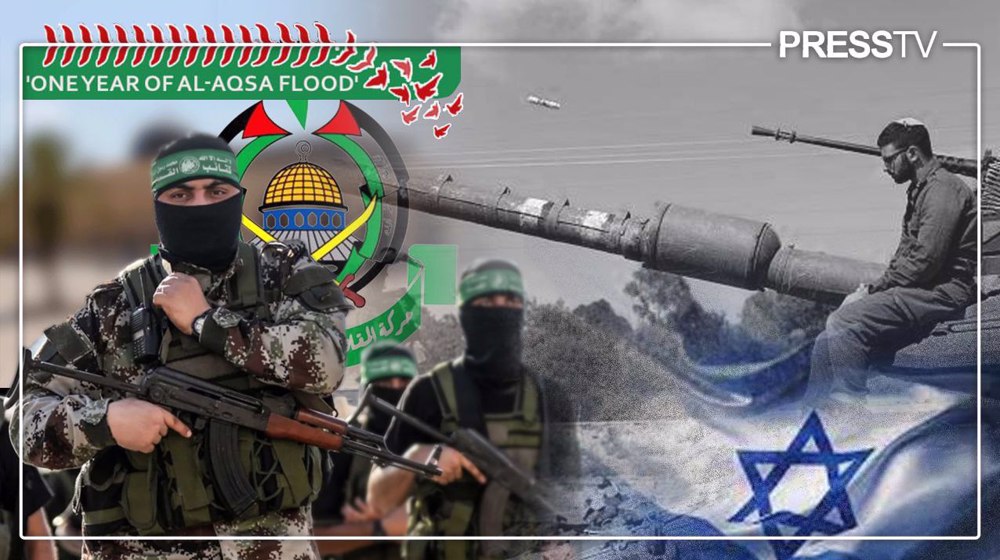
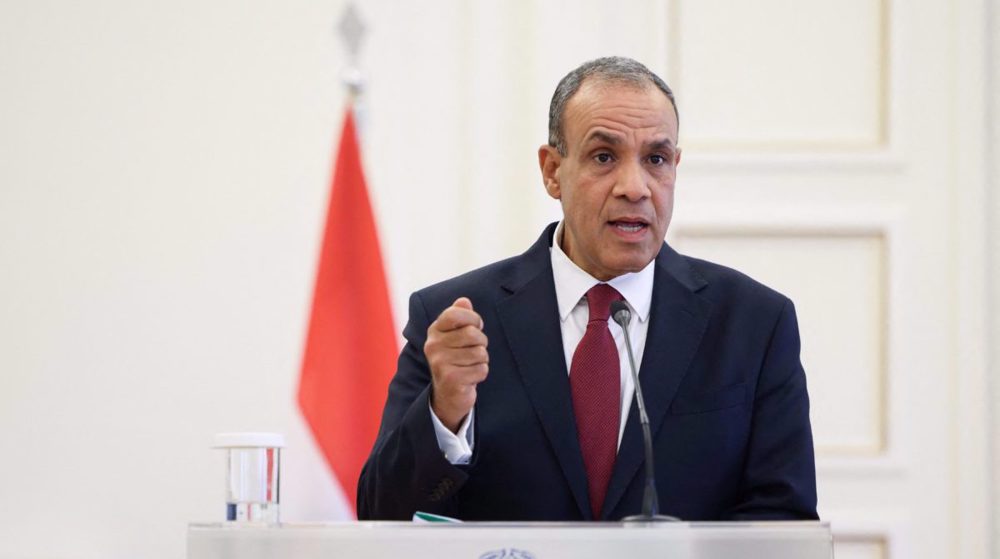
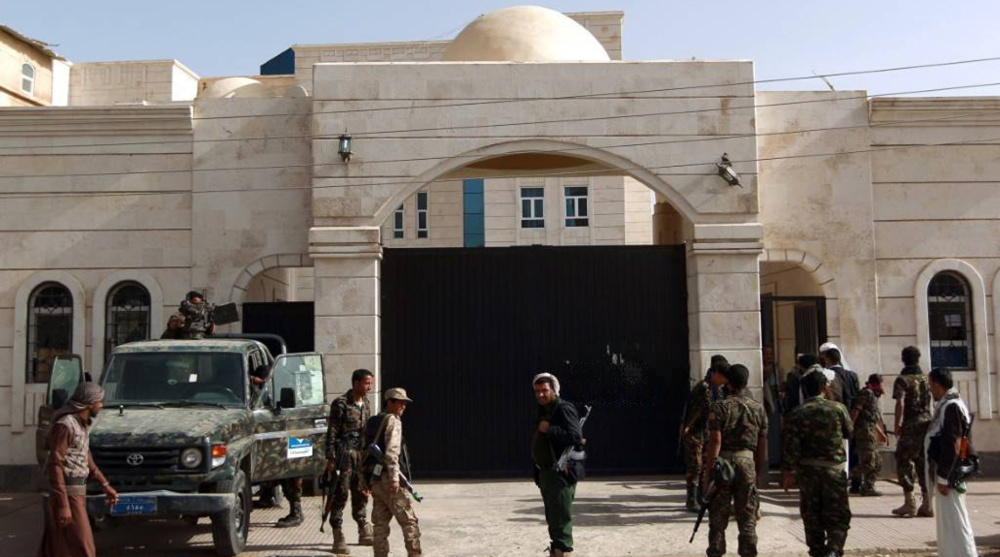
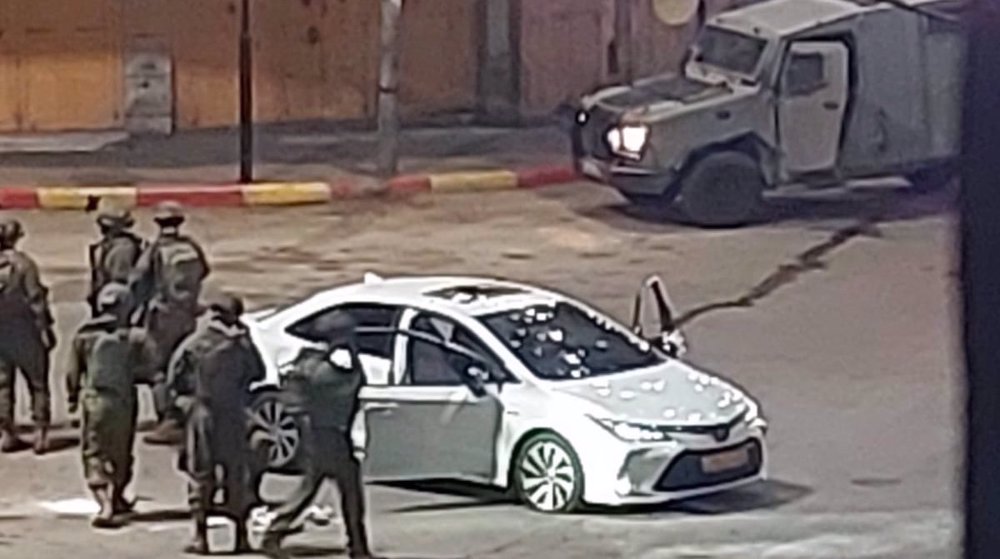



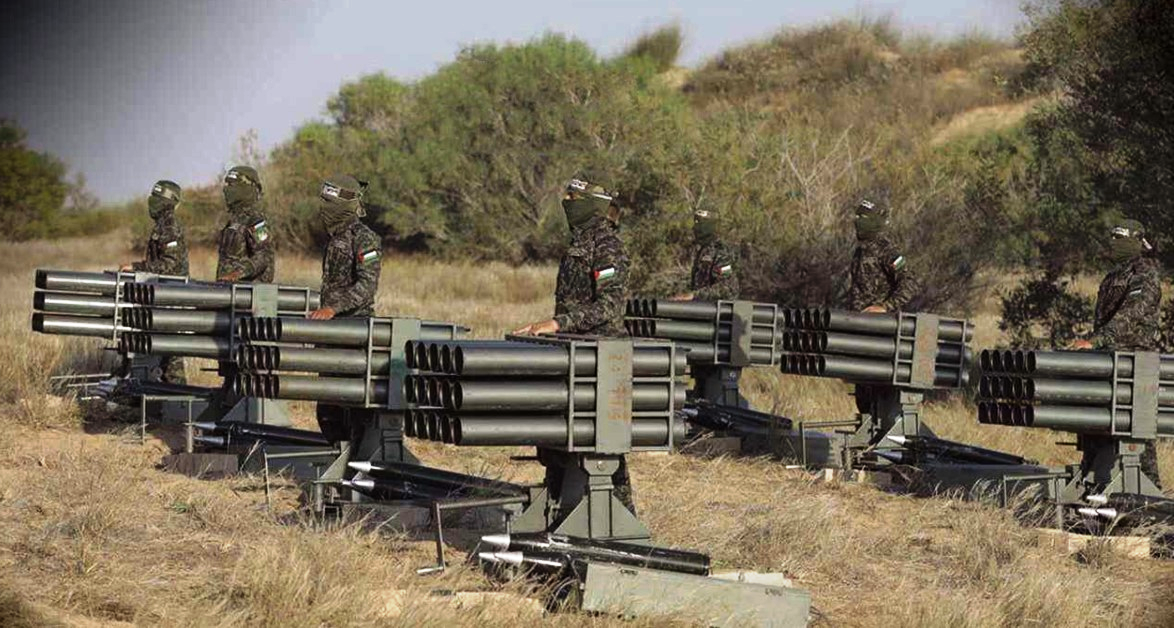
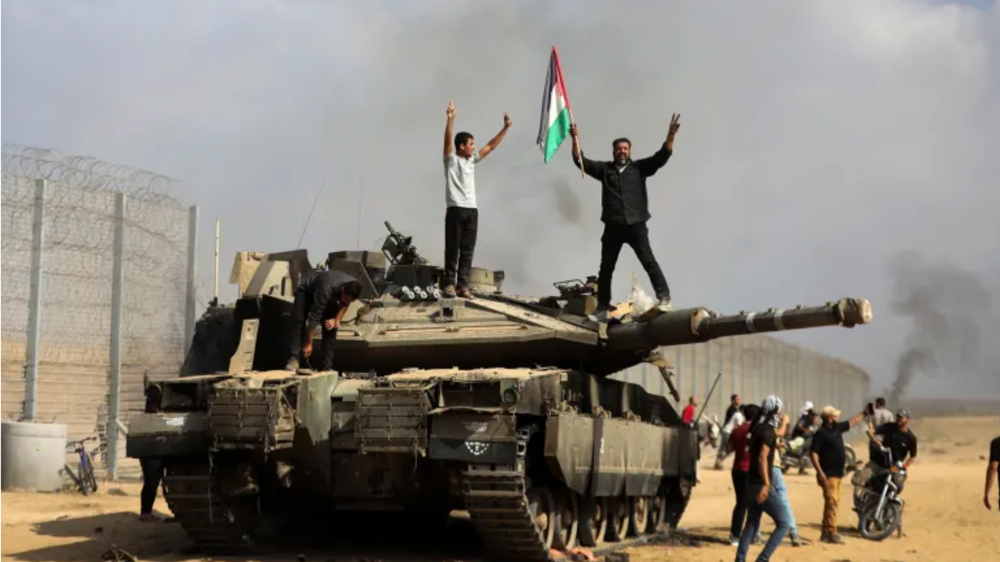
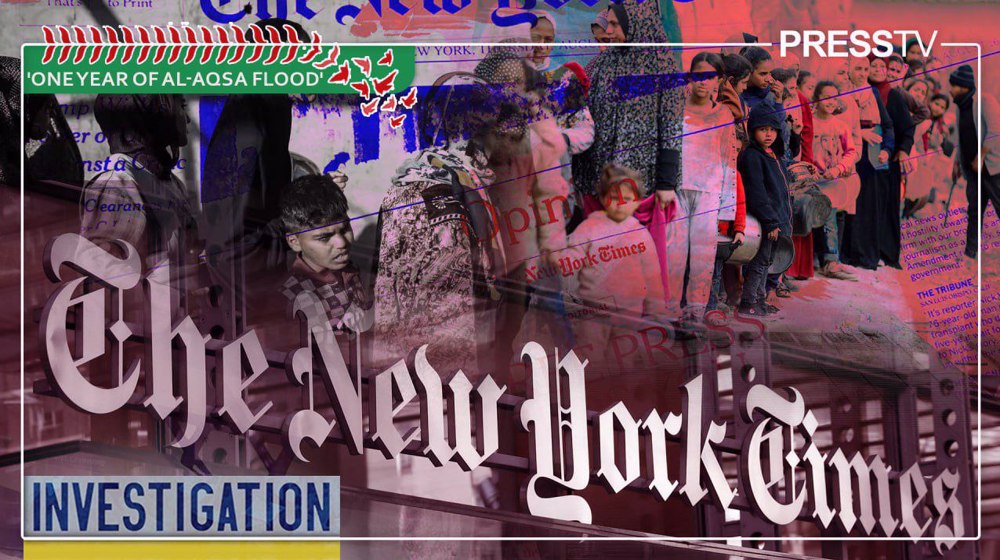
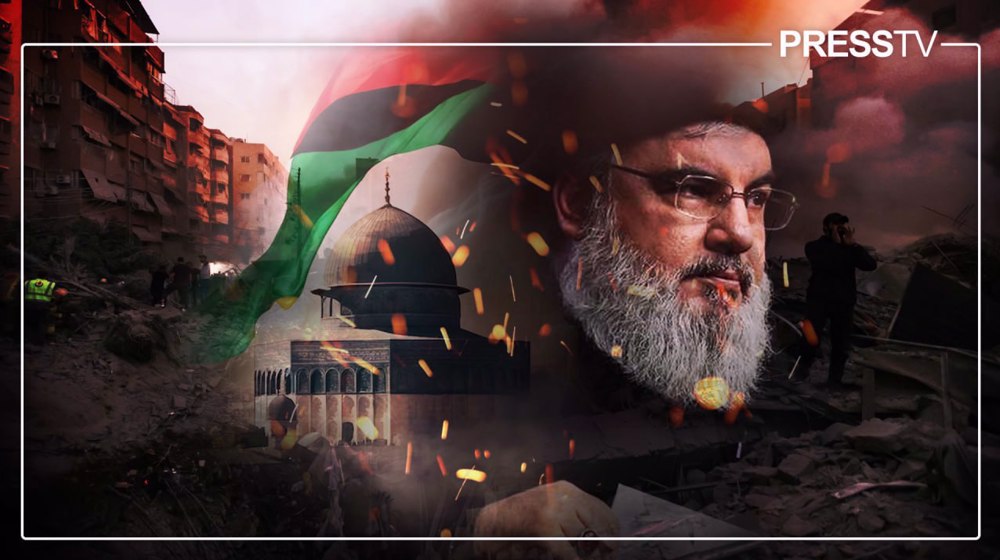
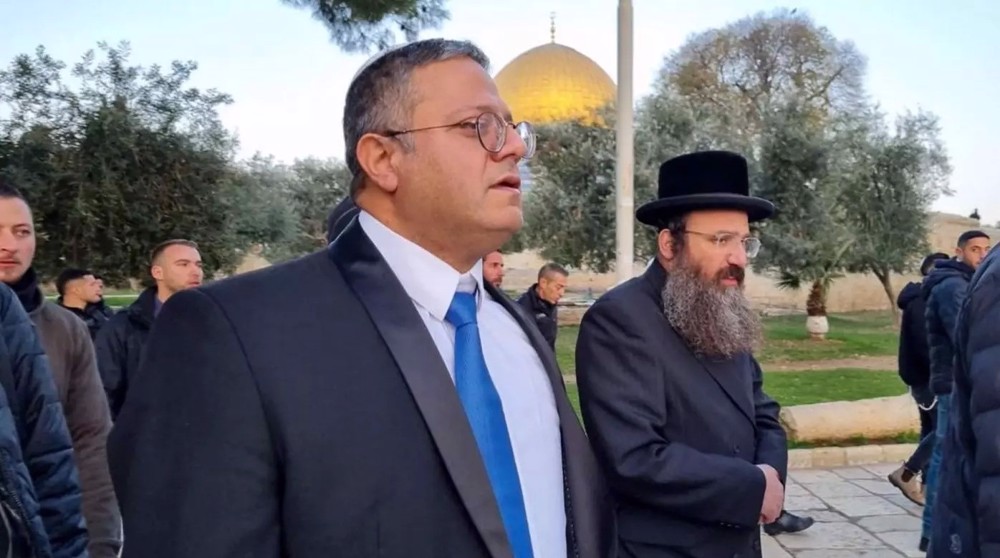

 This makes it easy to access the Press TV website
This makes it easy to access the Press TV website